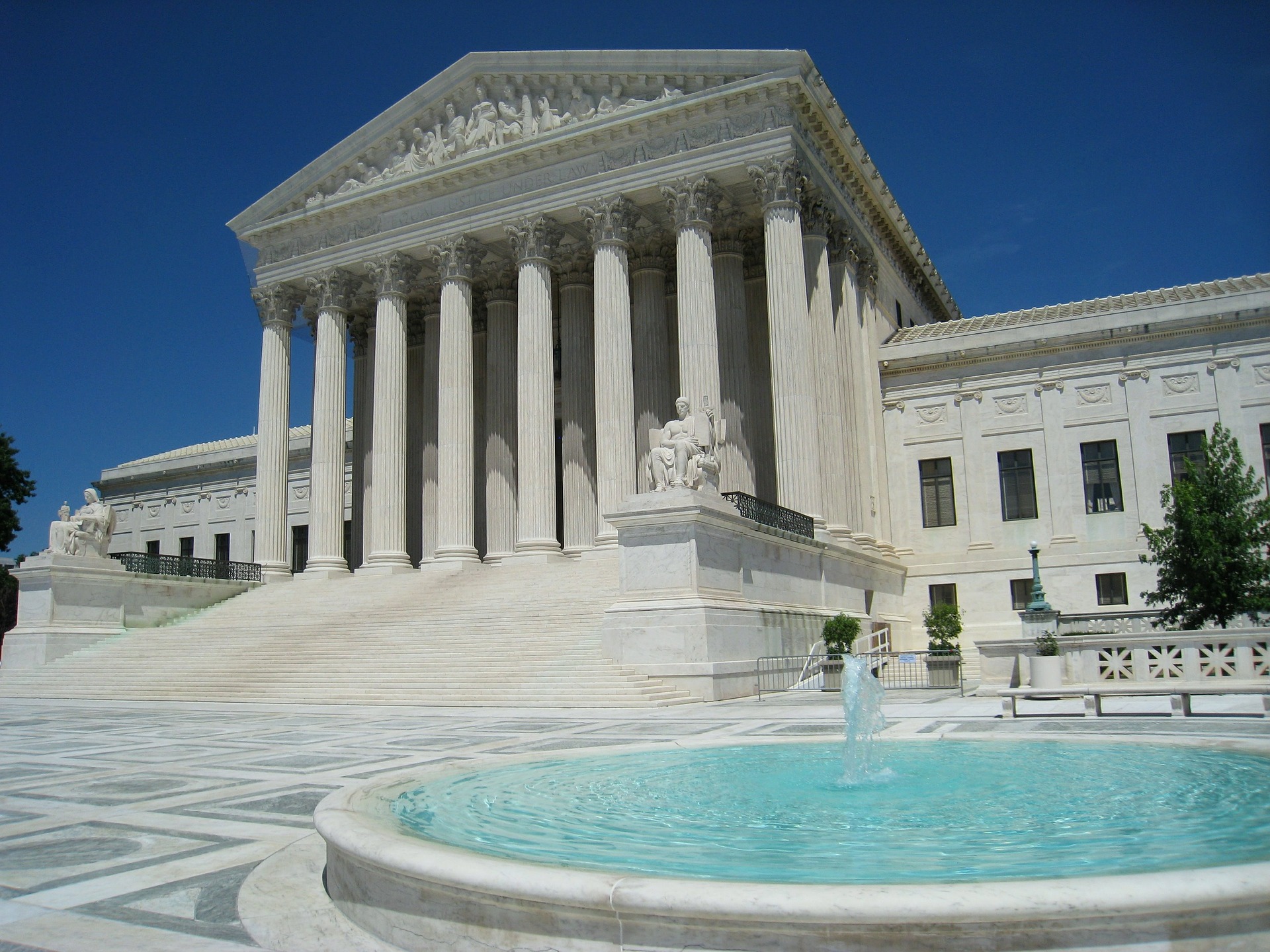The petitioners in Friedrichs v. California Teachers Association are asking the Court to restrict the collection of fees by unions that represent more than nine million public employees in 23 states and the District of Columbia.
[divider] [/divider]
It was a typical oral argument at the Supreme Court in a “big” case. Protesters outside with opposing messages tried to yell over each other, but everyone inside was listening to Justice Kennedy.
In Friedrichs v. California Teachers Association the Court will decide whether to overrule a nearly 40-year old precedent requiring public sector employees who don’t join the union to pay their “fair share” of collective bargaining costs. More than 20 States have enacted statutes authorizing fair share.
If the Court doesn’t overrule Abood v. Detroit Board of Education (1977), it may instead rule that public employees may be allowed to opt-in rather than required to opt-out of paying “nonchargeable” political union expenditures.
In Abood, the Supreme Court held that the First Amendment does not prevent “agency shop” arrangements where public employees who do not join the union are still required to pay their “fair share” of union dues for collective-bargaining, contract administration and grievance-adjustment. The rationale for an agency fee is that the union may not discriminate between members and nonmembers in performing these functions. So no free-riders are allowed.
In two recent cases, Knox v. SEIU (2012) and Harris v. Quinn (2014), in 5-4 opinions written by Justice Alito and joined by the other conservative Justices and Justice Kennedy, the Court was very critical of Abood. Neither case squarely raised the issue of whether Aboodshould be overturned.
Justice Kennedy, whose vote may or may not be crucial in this case, asked questions of both sides. But he repeatedly expressed the view that many teachers may disagree with positions that the teachers union takes on issues like tenure, merit pay and class size. He characterized the real problem with agency fee as “compelled riders,” not free riders.
Just as time was running out for the attorney arguing for the teachers objecting to agency fee, Justice Kennedy asked the attorney to address the issue of opt-out versus opt-in. This was a significant question, especially from Justice Kennedy. If all the Justices were pretty sure before argument that there were five votes to overturn Abood, the opt-in/opt-out issue would be irrelevant.
Overturning precedent is a drastic step, so unsurprisingly, many of the questions (particularly from the more liberal Justices) addressed that possibility. Justice Breyer’s questions were the most impassioned.
He pointed out that overturning Abood will mean overturning other precedent includingKeller v. State Bar of California (1990) (bar dues for attorneys) and Board of Regents v. Southworth (student activity fees) (2000). He asked how the country would view the Supreme Court’s role in providing stability if all these cases were overturned. He also pointed out that in Plessy v. Ferguson (1896) (separate by equal) it was easy to identify the principle that the Court relied on in deciding that the case was just wrong. However, Justice Breyer could not find a comparable principle in this case.
[divider] [/divider]





